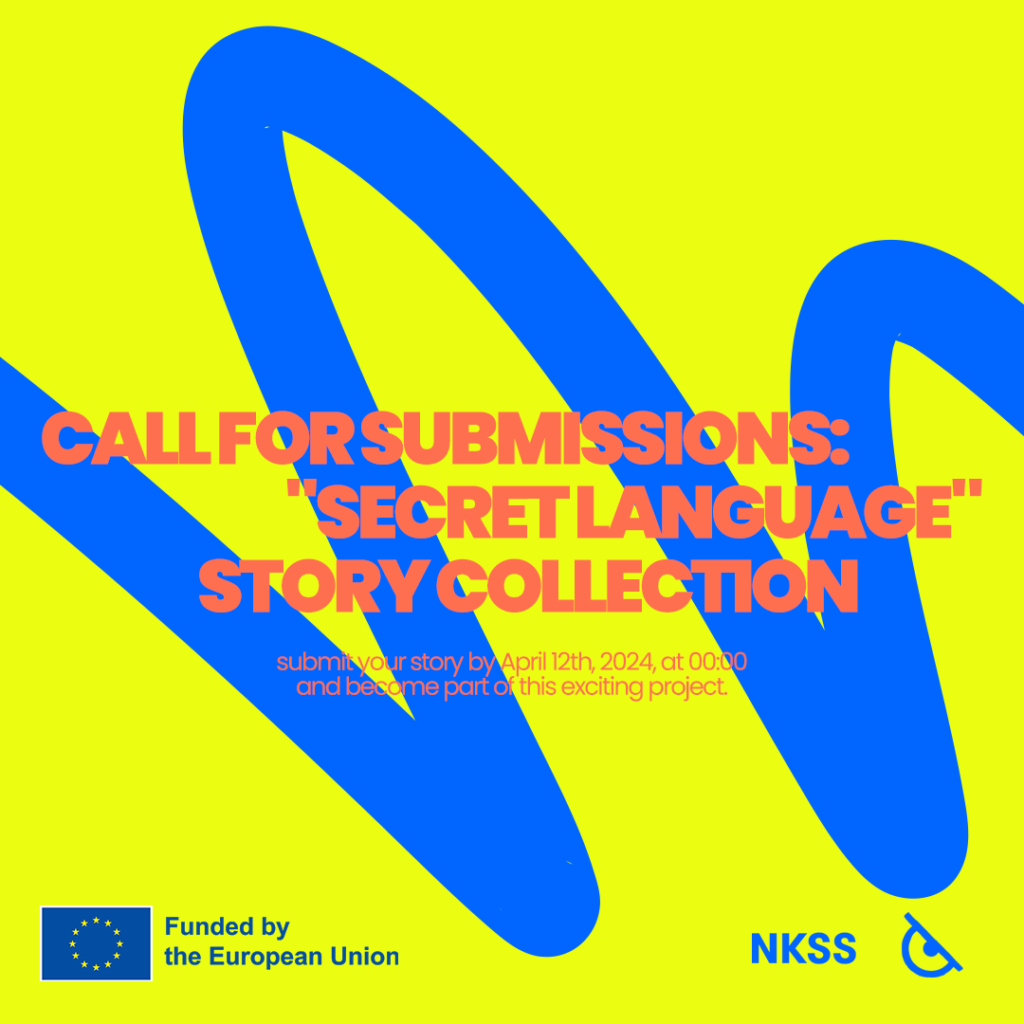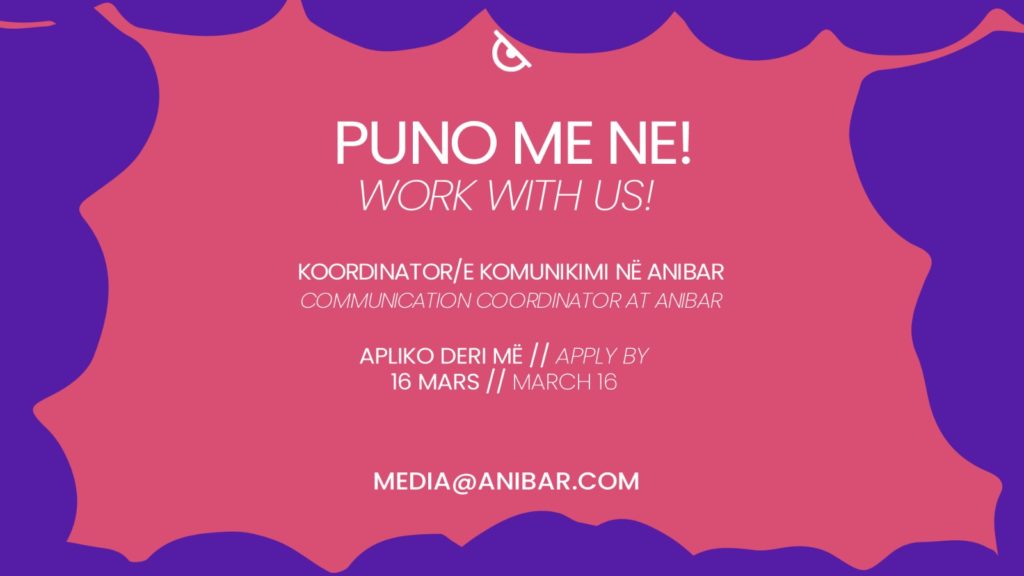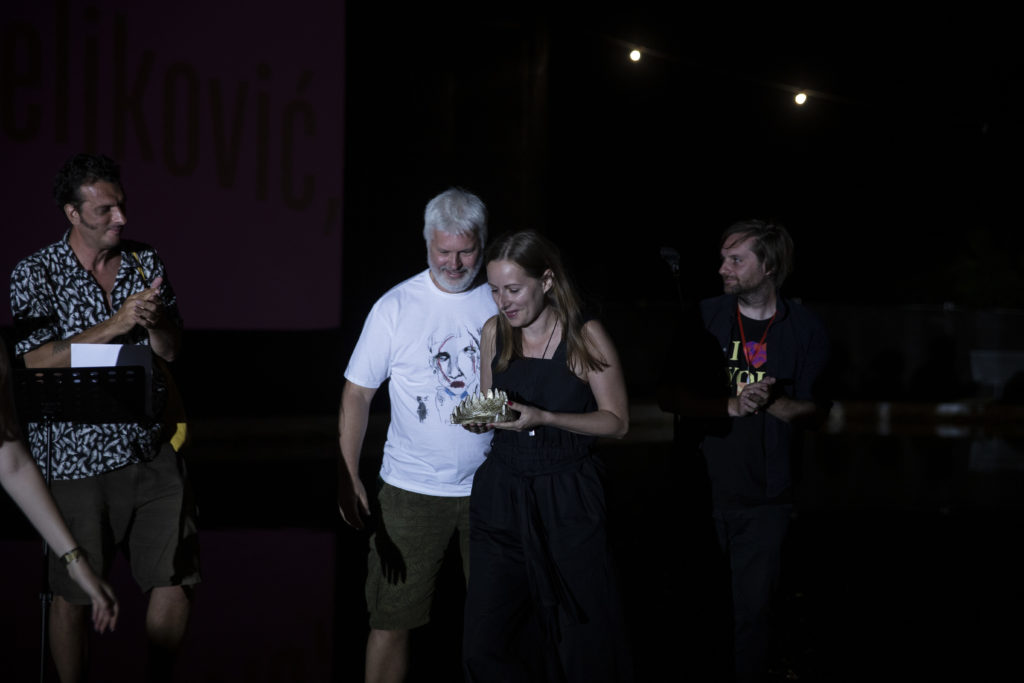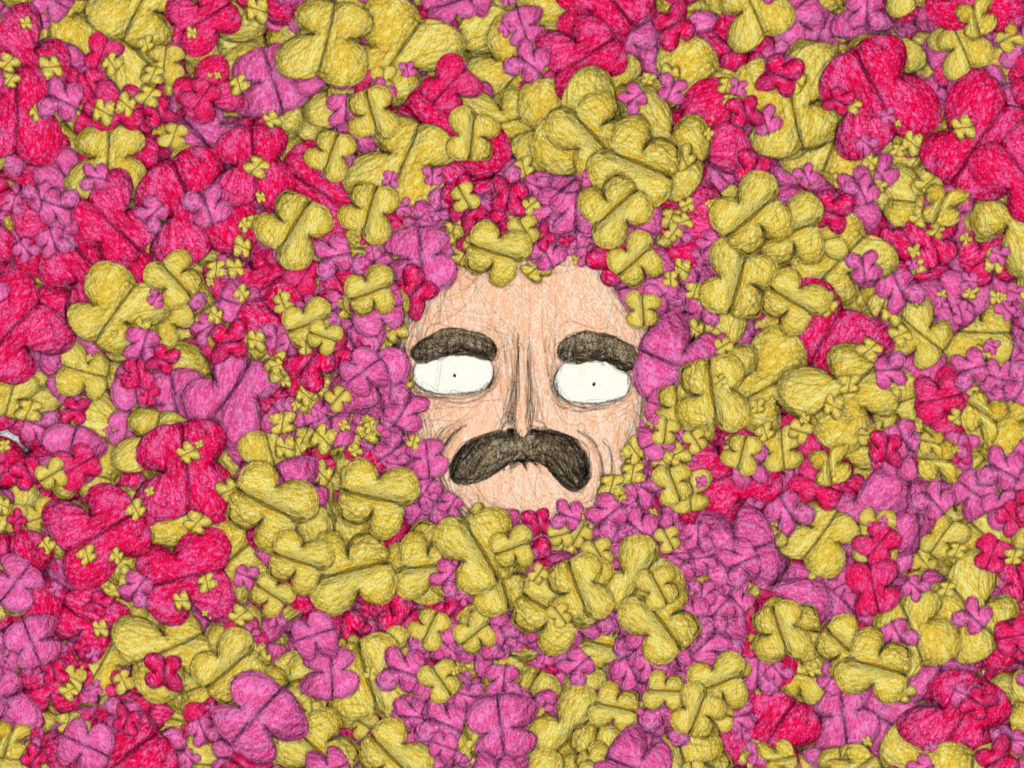“Access to all”
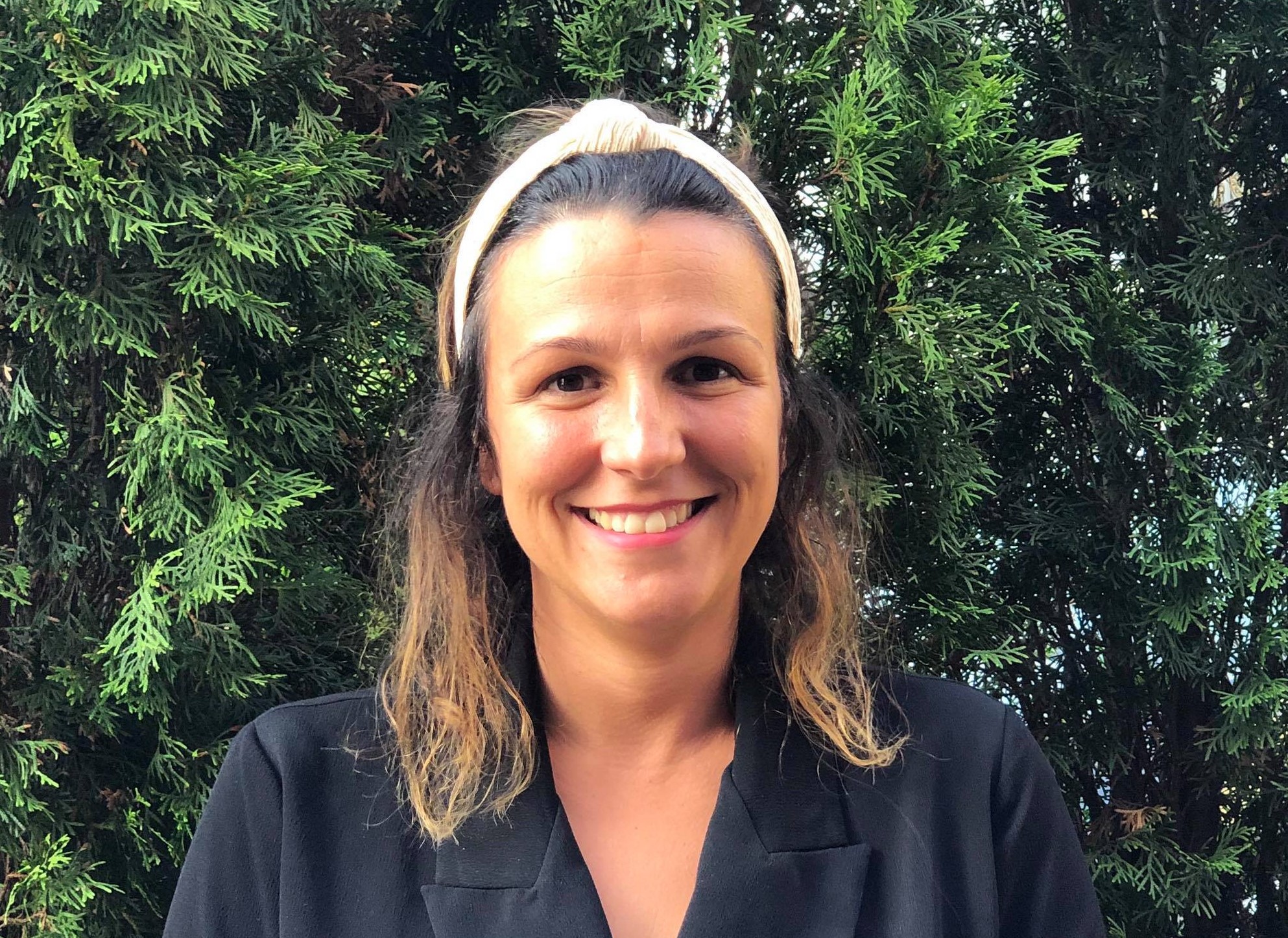
Lack of socialization between children may have a great impact in their psychosocial and overall well-being
Lack of socialization between children may have a great impact in their psychosocial and overall well-being
During the panel “Access to all” on Thursday, Anibar wanted to get an impression from the panel moderator herself, Dafina Zuna-Hoxha. Zuna-Hoxha shared with us information about the issues that people with disabilities have faced during the pandemic in Kosova, how much have they been assisted by the state of Kosova, how can they be helped for medical assistance, what they can profit from during this time, and their experience during the isolation period in the pandemic.
What would you distinct as the main issues that people with disabilities have faced during the pandemic in Kosova?
It is well known that the pandemic COVID-19 has affected everyone in Kosova, however, I would say that children are the most affected. Even though it is believed that children are not directly as affected clinically by the pandemic as adults, this crisis has a great impact on their well-being and life in general. During the pandemic, among other issues, children in Kosova have gone through difficulties, like separation or family member loss, which can lead to traumatic effects which are caused by the sad nature of death caused by COVID-19. Other family problems like lack of medical assistance, which can affect children’s survival, their immunity, routine medical check-ups, and their overall development. The interruption of services affects pregnant women that lack prenatal care and the lack of services to support mothers and their children that that suffer an increased domestic abuse; The closing of schools has affected more than 300,000 children in Kosovo. The gap of schooling worsened between the children that come from financially stabled families that were able to continue their learning in distance through digital tools and the ones that come from less financially stable families that lacked behind in learning. Lack of play, socialization, interaction between classmates can significantly affect the psychosocial well-being and the development of children and teenagers. Many children continue to have the lack of communication and games from the isolation and closing of schools.
How do you think Kosovo has adapted during the Covid-19 pandemic in terms of people with disabilities?
This pandemic has obviously put us all in a situation where we had to find alternatives to meet the needs of children in new circumstances. We as UNICEF consider that this is even more difficult for families with children with disabilities.
Therefore, the UNICEF Office has taken three major initiatives during isolation:
Within three days we launched the online campaign #WhileHome; #WhileAtHome as an initiative to engage parents, especially fathers through games at home with their children. In the first week alone, we had an extraordinary achievement where over 170,000 parents were engaged or followed UNICEF activities online. We had a one-week campaign designed specifically around play for children with disabilities and help them adapt to their home conditions. But we also had online music and reading for children with disabilities, such as Visar Kuci playing the violin, the string band and by Adriatik Kelmendi and his two children reading children’s books. We have also received online advisement from professionals in this field about engaging children with disabilities to the conditions they have at home.
In partnership with HANDIKOS in Kosovo, we have launched the installation with 120 wheelchairs and 120 bags in front of the Government building, as a call for 120 parliamentarians to advance the development agenda for children with disabilities. The campaign has touched the hearts of over 2 million people and has mobilized hundreds of citizens, ambassadors, decision makers to be the voice of children with disabilities. As a result, MEST has allocated financial resources to provide families in need with assistive technology to participate in online learning. Also, one of the private companies, MERIDIAN, has joined UNICEF to make it food markets accessible, toilets, but also to help advance the agenda for children with disabilities.
Together with the Kosovar Forum of Disabilities, we have provided online services to around 3,000 children with disabilities where experts of the field, psychologists, pedagogues and doctors have spoken online with children and parents about barriers and opportunities for children’s engagement during isolation.
In terms of people with disabilities and medical staff, do you think that creating online medical consultations is an accessible and effective way for both parties?
It is too early to come to a conclusion as to whether they are effective or not, but let me quote Rijad Mehmeti, a 16-year-old living with cerebral palsy, a child rights advocate with UNICEF in Kosovo who states: for the first time during this isolation we felt equal, unable to move freely as we did all our lives. During online learning Rijadi says that he did not feel different from the others, everyone learned from home in front of a laptop or phone and did not feel that there is a big difference from his peers. He says that he was easily adapted. With the program of home visits, we have continued our work online where nurses have been in continuous contact through social media groups with mothers and fathers and have given them advices concerning the well-being of their children. We consider that we have managed to adapt quickly to new circumstances, but how effective and qualitative they have been, remains to be estimated.
What activities would you mention that are necessary and profitable for the well-being of people with disabilities during a pandemic?
We consider that any assistance is a little relief for families with children with disabilities and not only. Families who need additional assistance equipment for the child to be an active part of online learning should be supported by institutions and online advice should be provided to parents and families about engagement and alternative methods of education and participation while at home.
UNICEF has had several publications on the web on how to communicate with children during this time https://www.unicef.org/kosovoprogramme/press-releases/how-talk-your-child-about-coronavirus-disease -2019-Covida-19
Can you tell us if you have any information on how they coped with the isolation during the pandemic?
I would not entirely focus only on children with disabilities, but in general it has been and will continue to be a very challenging time for everyone, and especially for children. We do not have information on how they coped with isolation but we are asking parents to engage in quality time with them, to play, sing, read and talk about the topics that interests them. To give them simple explanations and information, so as not to leave children stagnant and uninformed about issues that they are undoubtedly concerned with.
